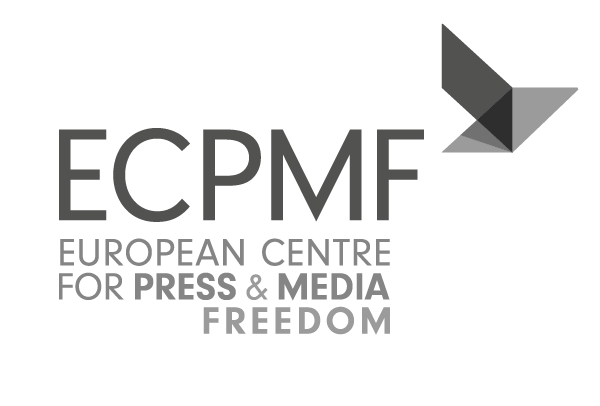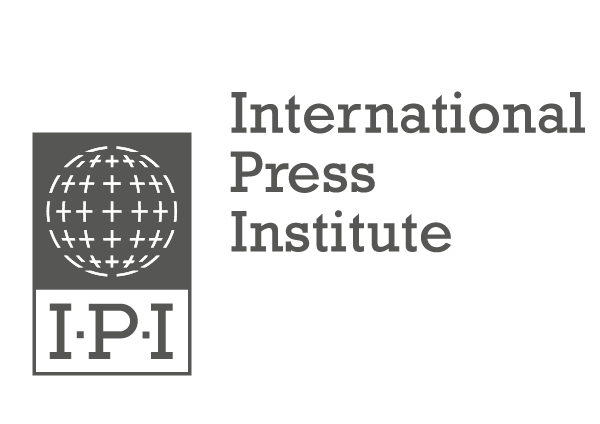Journalists across Ukraine are being suppressed, deported and banned from the country, according to the Index on Censorship’s Mapping Media Freedom project.
Ukraine has imposed a number of restrictions on the media as a response to Russian propaganda in order to protect its national security.
Mapping Media Freedom correspondent Vitalii Atanasov said that “the deportation of journalists is not an effective and justified response to such challenges and threatens press freedom. It is necessary to develop another mechanism to maintain a truly professional and fair media that could compete with all sorts of propaganda and fake news.”
The conflict has led to a rise in anti-media sentiments across Ukraine with some prominent members of the Ukrainian government branding journalists as traitors. Public opinion has swayed over the course of the conflict and the press is often criticised for showing the problems of Ukrainian society.
“Another disturbing trend is that the authorities and their supporters are promoting the idea of the ‘fifth column’, hinting that critical journalism can be a threat inspired from outside. Unfortunately, journalists are an easy target,” Atanasov said
Journalists operating in Ukraine are being blamed for the spread of classified information and for undermining the Ukrainian army. “There have been several cases when journalists were accused of having published classified information, but in the end, the accusations were not confirmed,” Atanasov added.
With both the public and the politicians demonising the press, it has become increasingly dangerous for journalists to work and operate in the Ukraine. The most extreme example of the dangers the media face in Ukraine is the assassination of Pavel Sheremet in July 2016.
Atanasov said that this has led to some self-censorship in the Ukrainian press. “I can assume that some journalists resort to self-censorship in some cases, as they would like to avoid obstacles and problems for their work in the future.”]Recent cases reported to Mapping Media Freedom’s database of European area press freedom violations:
Russian state journalists both deported and banned from the country for three years
Two Russian journalists were deported and banned from Ukraine this August. The first was Tamara Nersesyan, a correspondent for the All-Russian State Television and Radio Company on 15 August. Shortly after her report on the Ukrainian music festival Bandershtat was shown on Channel One she was deported and banned from the country.
On 30 August, Russian State TV Channel One correspondent Anna Kurbatova was deported. A spokesperson for the Security Service of Ukraine (SBU) Olena Gitlyanska wrote that “Russian propagandist Anna Kurbatova was forcibly expelled from Ukraine… she is forbidden to enter the territory of our state for three years.” The reason stated for deportation was “because of activities, which hurt the national interests of Ukraine.” Information about Kurbatova was published on the Myrotvorets because she was judged to be distributing “anti-Ukrainian propaganda” and to be “manipulating significant information”. In 2016, the Myrotvorets leak shared the names of thousands of journalists accredited in the separatist republics. She had recently reported on the deportation of two Spanish journalists and covered Ukrainian Independence Day for Channel One.
Spanish journalists detained, denied access and deported
Spanish journalists Antonio Pampliega and Manuel Ángel Sastre were deported from Ukraine. Both had been blacklisted in 2015 but granted access to the country after pressure from Spanish authorities. However, on 25 August an SBU spokeswoman said that the journalists were barred because of their “activities that contradict the national interest of Ukraine,” according to the Committee to Protect Journalists. The pair were deported to the Netherlands after a 20-hour detention in Kiev airport. Sastre said the Ukrainian authorities “treated us like criminals”.





